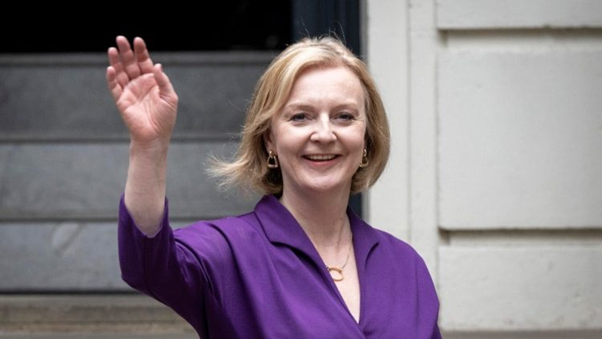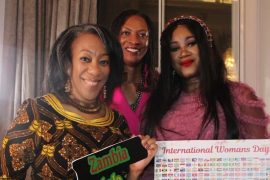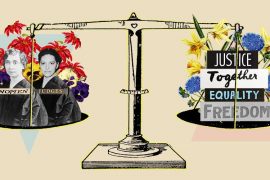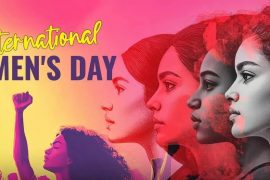Liz Truss has emerged as the new UK Prime Minister of the United Kingdom’s Conservative Party after defeating her rival, Rishi Sunak, in a Tory vote where she polled 81,326 votes to beat Sunak, who polled 60,399 votes. As the leader of the ruling Conservative Party, Truss is now British Prime Minister, replacing Boris Johnson, who resigned in early July after a scandal-hit government.
Truss, 47, will be the third UK female Prime Minister following Margaret Thatcher and Theresa May.
Before becoming Tory leader and British PM, Truss was the UK’s Secretary of State for Foreign, Commonwealth, and Development Affairs since 2021 and Minister for Women and Equalities since 2019.
Let’s take a glance at some things you should know about the third female British Prime Minister:
- Liz Truss (Mary Elizabeth Truss) was born on July 26, 1975, in Oxford, England, to John Kenneth and Priscilla Mary Truss.
- Truss attended West Primary School in Paisley, Scotland. She then participated in Roundhay School in the Roundhay area of Leeds.
- She studied Philosophy, Politics, and Economics at Merton College, Oxford, graduating in 1996.
- Truss was active in the Liberal Democrats. She was president of Oxford University Liberal Democrats and a member of the national executive committee of Liberal Democrat Youth and Students. During her time as a Liberal Democrat, Truss supported the legalization of cannabis and the abolition of the monarchy.
- She joined the Conservative Party in 1996.
- Truss worked for Shell from 1996 to 2000, when she qualified as a Chartered Management Accountant in 1999.
- She was employed by Cable & Wireless in 2000 and rose to the economic director before leaving in 2005.
- Truss served as the chair of the Lewisham Deptford Conservative Association from 1998 to 2000.
- She unsuccessfully contested the Greenwich London Borough Council elections in 1998 (for Vanbrugh ward) and 2002 (in Blackheath Westcombe).
- She was elected as a councilor for Eltham South in the Greenwich London Borough Council election on May 4, 2026.
- Under David Cameron as Conservative leader, Truss was added to the party’s ‘A List’.
- On September 4, 2012, Truss was appointed as Parliamentary Under-Secretary of State at the Department for Education, with responsibility for childcare and early learning, assessment, qualifications, and curriculum reform, behaviour and attendance, and school food review.
- In a July 15, 2014, cabinet reshuffle, Truss was appointed Secretary of State for Environment, Food, and Rural Affairs, replacing Owen Paterson.
- On July 14, 2016, Truss was appointed Secretary of State for Justice and Lord Chancellor in Theresa May’s first ministry. She became the first woman to hold either position and the first female Lord Chancellor in the thousand-year history of the office.
- On June 11, 2017, following the general election, she was moved to the position of Chief Secretary to the Treasury.
- Boris Johnson promoted her to Secretary of State for International Trade and President of the Board of Trade. Following the resignation of Amber Rudd, Truss was additionally appointed Minister for Women and Equalities.
- On September 15, 2021, during a cabinet reshuffle, Johnson promoted Truss from International Trade Secretary to Secretary of State for Foreign, Commonwealth, and Development Affairs, thus becoming the second woman to hold the position after Margaret Beckett.
- On July 10, 2022, Truss announced her intention to run in the Conservative Party leadership election to replace Boris Johnson after the latter’s resignation.
- On September 5, 2022, Truss won the Conservative Party’s election as party leader, beating her rival, Sunak.
- On September 6, 2022, Liz Truss was officially made the Prime Minister of the United Kingdom, becoming the third female to occupy that position.





Comments are closed.